
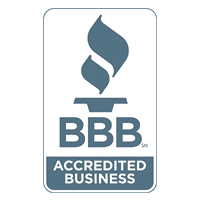






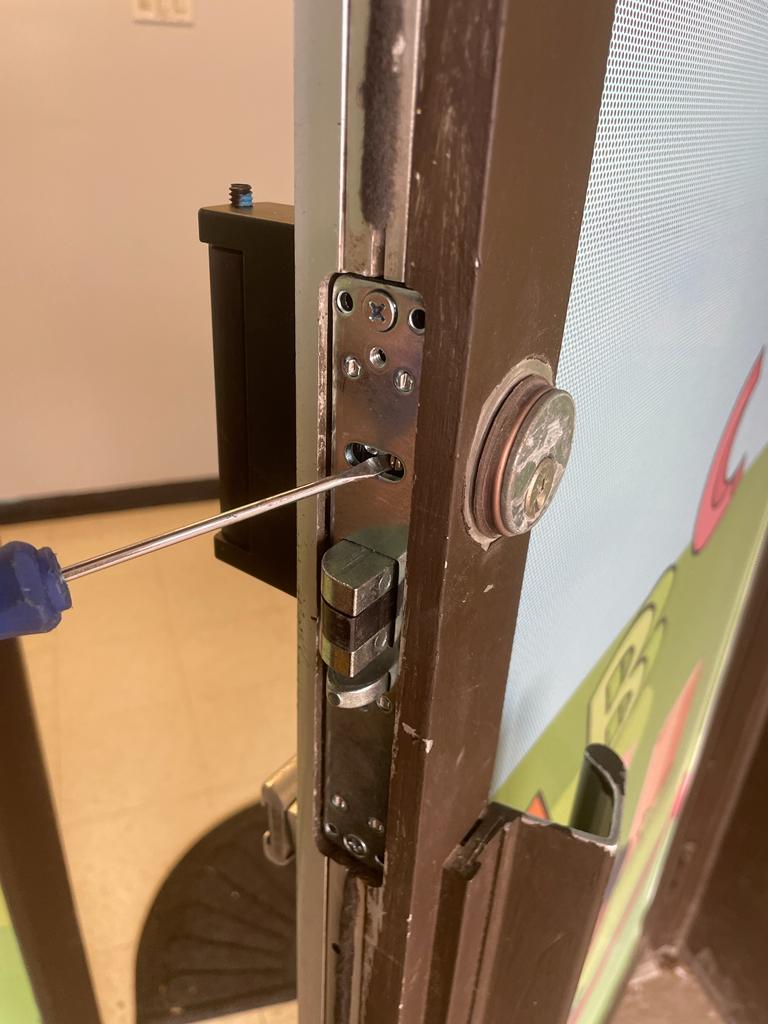
Lock grades are an important piece of information about the security and durability of a lock. And, if you purchase a lock without knowing what the different grades mean, you could end up with a security system that is unfit for your home or commercial space. In some cases, this can mean overpaying for a door lock you don’t need. In others, it leaves your space vulnerable to a security breach because your lock isn’t up to the challenge.
Let’s take a look at what it means for a lock to be Grade 1, 2, or 3 and how that can affect performance and price. And if you want a professional opinion about what lock grade is right for you, give us a call at Advanced lock and key Locksmith. We know exactly what locks are best for our clients throughout the Cleveland area.
A lock can fall into one of three categories: Grade 1, 2 or 3. These numbers refer to the durability of the lock, with Grade 1 being the most durable and Grade 3 being the least. But how exactly does this work? Well, there are a few different standards that a lock must meet to be considered part of each category, including:
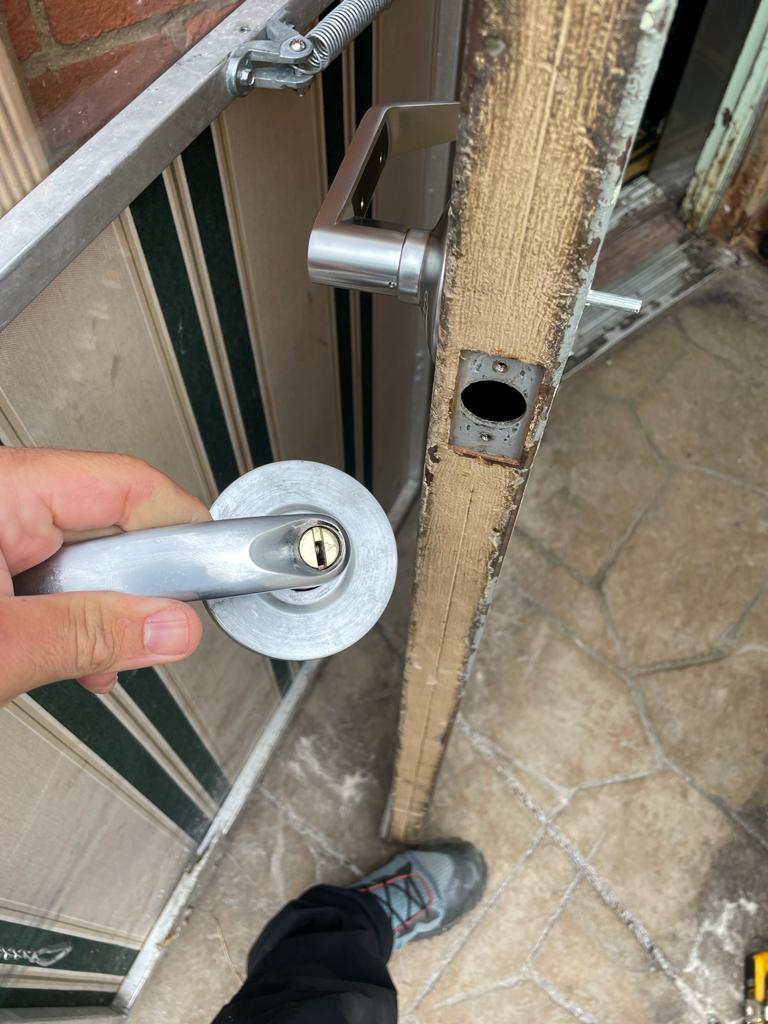
One of the main ways that locks are graded is with a cycle test. This shows how many times a lock can be opened and closed before normal wear and tear affects the performance of the lock. Here’s the breakdown of how many cycles a lock must withstand in order to qualify for a certain grade:
So for example, for a commercial business, which serves thousands of customers a month, it would be better to have a grade 1 lock installed.
How secure a lock is can also indicate what grade it falls into, with Grade 1 locks being able to withstand much greater abuse than a Grade 3 lock. No lock is completely indestructible or pick proof of course, so this test is conducted using a ram with 100J of force and recording how many blows the lock cylinder can withstand before breaking (it’s just a way to measure, nothing more)
Here’s how the grades are broken down:
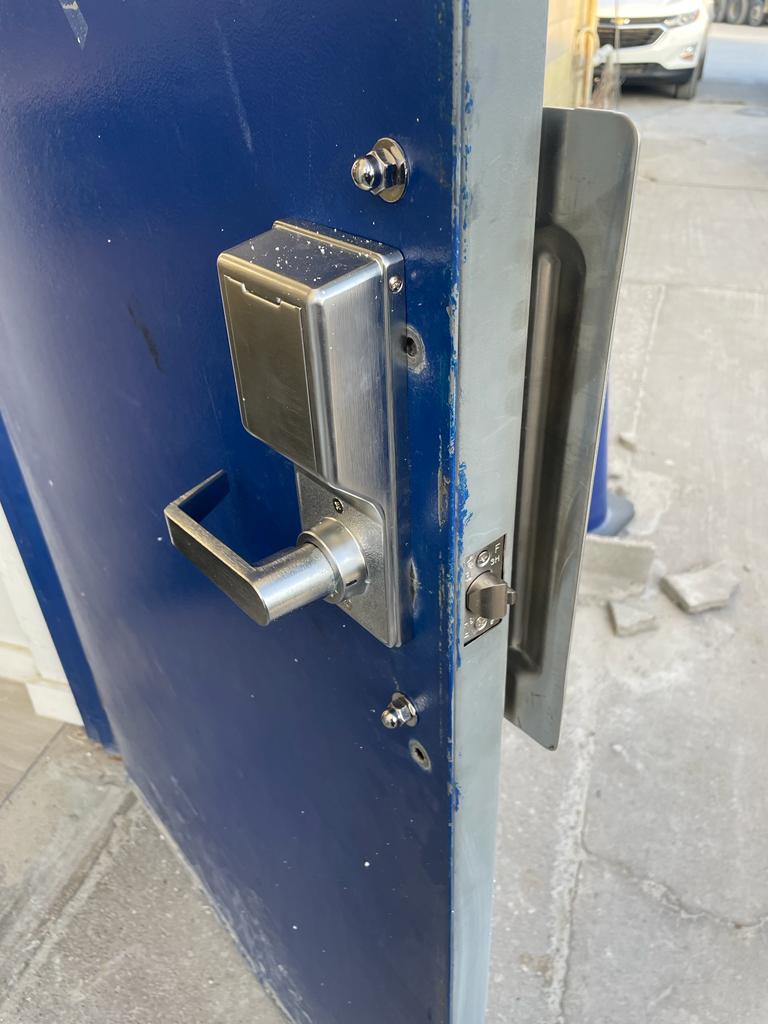
As you can see, a Grade 1 lock can go through a lot heavier use than a Grade 3 lock, and this is due in part to the quality of materials used to make the lock. Locks with more durable materials are going to provide better security and longevity.
Advanced lock and key offer a variety of locks to choose from for residential and commercial customers.
All locks that are placed on external doors will need to withstand a reasonable amount of weather exposure. As such, tests are conducted to ensure proper functionality even in extreme weather.
Finally, we have operational force and strength. While these categories are tested during lock grade testing, they don’t actually help us to differentiate between Grades 1, 2, and 3. That’s because all grades must be able to withstand the same minimum force applied to the lever. The locks also must turn and latch with ease to comply with accessibility standards. Without these tests, a door lock may be too difficult to open or not strong enough to withstand normal daily use.
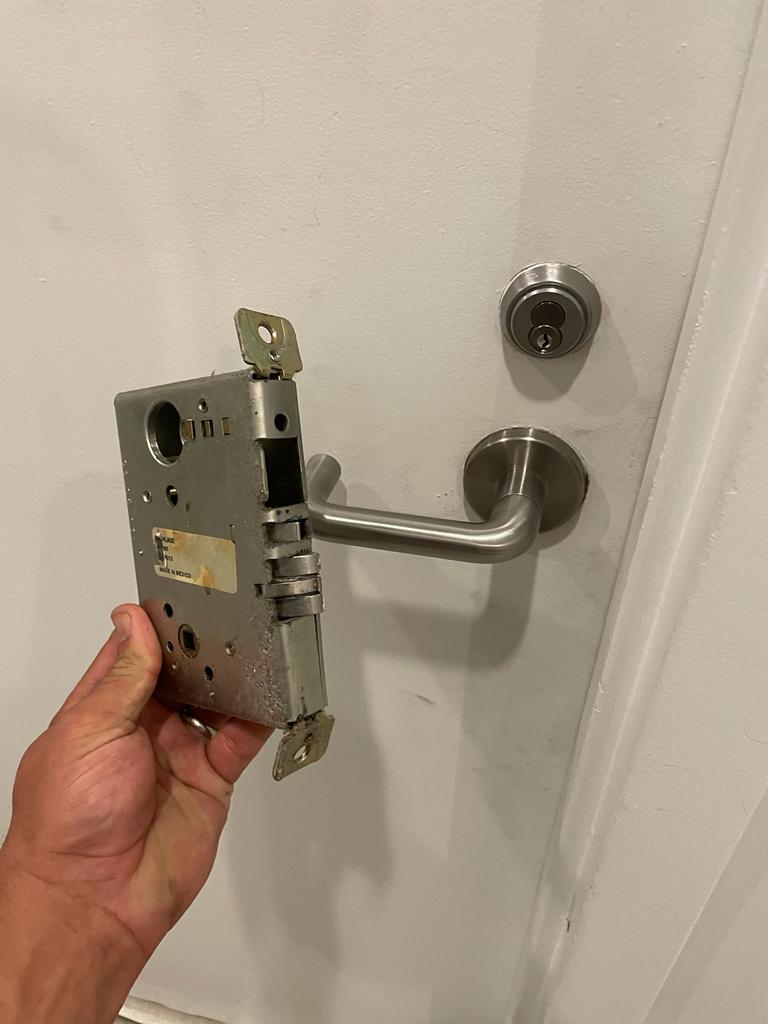
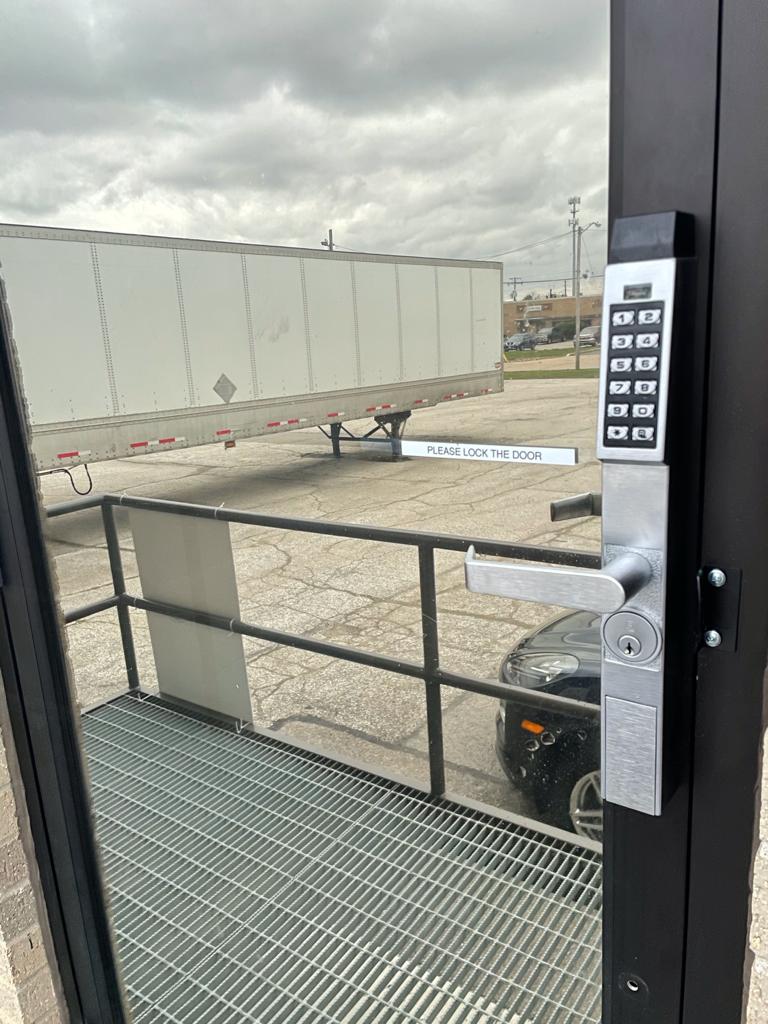
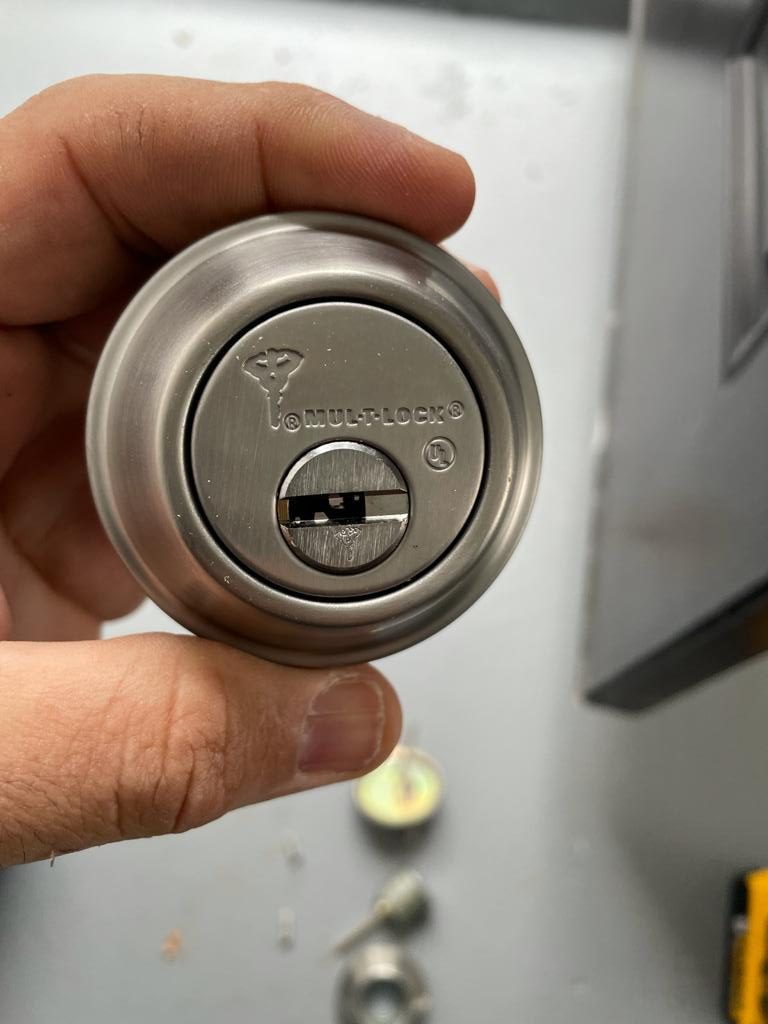
Lock grading came from the need for standardization of lock performance and quality, and the body responsible for testing is the ANSI, or American National Standards Institute. You may also see locks tested by the BHMA, or Builders Hardware Manufacturers Association, which is accredited by the ANSI to conduct lock grade testing. Unlike the ANSI, which grades commercial and residential locks with the same set of standards, the BHMA has a separate set of testing requirements for home and commercial locks. As such, using their standards may give you a better understanding of how a certain lock compares to others in the same category.
Both bodies use the standard of Grade 1, 2, and 3 to refer to the performance of a lock.

Now that you know more about how locks are graded, you might be wondering what this classification means for your unique space. Here is a basic summary of how lock grades should be used in real life settings:
As you can see, the more use your door lock will see in its lifetime, the more you should gravitate towards a Grade 1 or 2 lock.

Maybe you’re considering changing the locks on your doors and are still not sure whether you should stay with your current grade or upgrade your locks. There are a few things to consider here:
The good news is the pros here at Advanced locks and key Locksmith know the ins and outs of the ANSI/BHMA grading system.
We’re happy to take a look at your space and help you find the lock grade that is right for your needs. Give us a call!
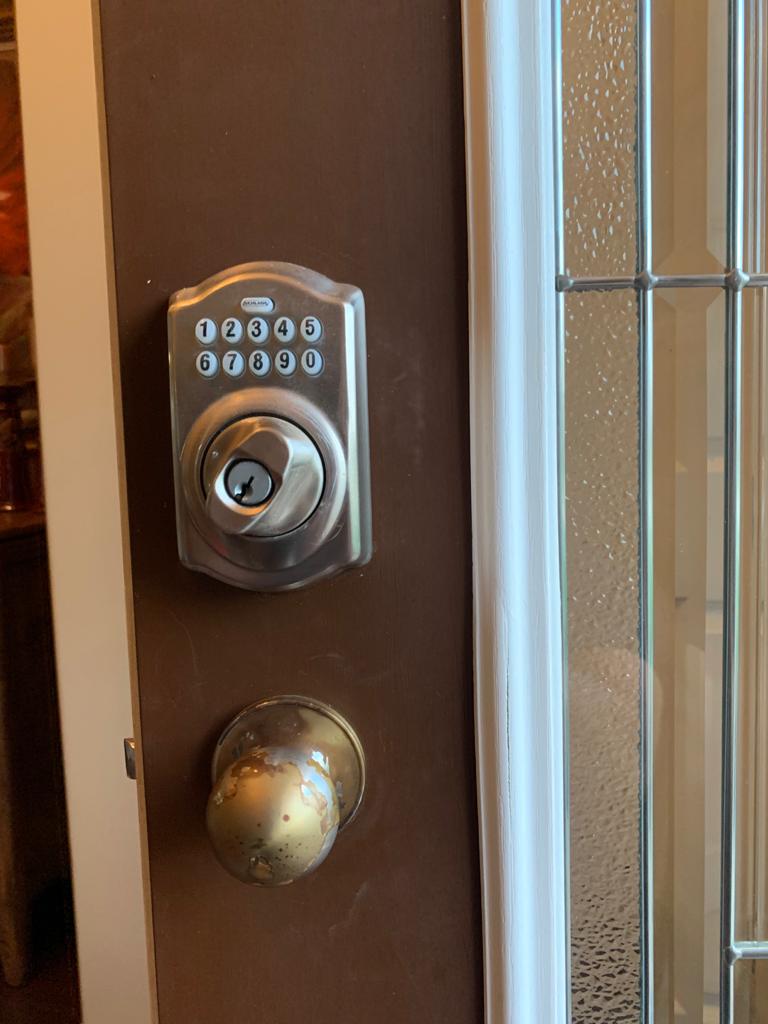


With over 20 years of experience, our trusted crew will assist you in any problem you may have quickly and efficiently. Our main goal is to give you service as fast as possible, and let you go back to your everyday routine.









Give us a call now, at 216-333-1550, or fill a form. Our phone office will assist you in finding the best solution for any locksmith related problem you may have. If its a lost key, general locks replacement or security camera for your home or business – we are the company to call.
Copyright © Advanced Lock And Key. All rights reserved.